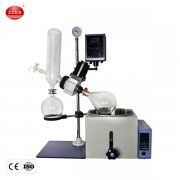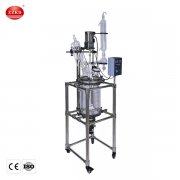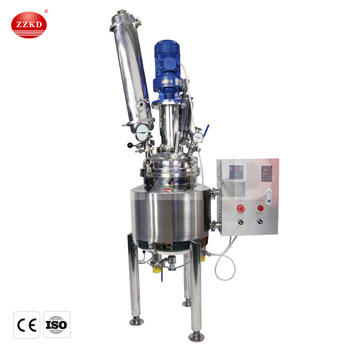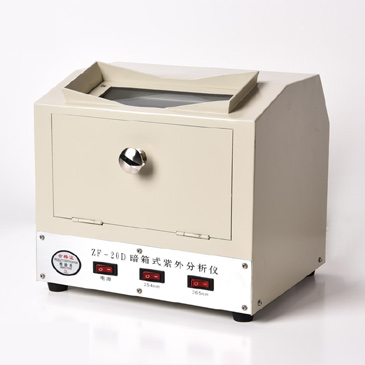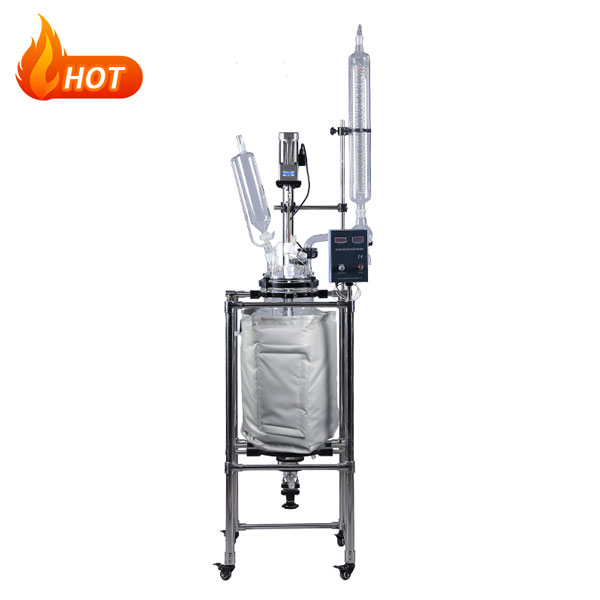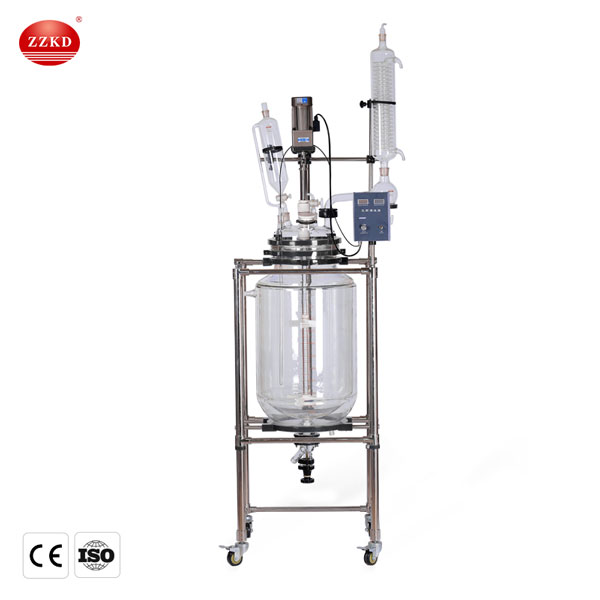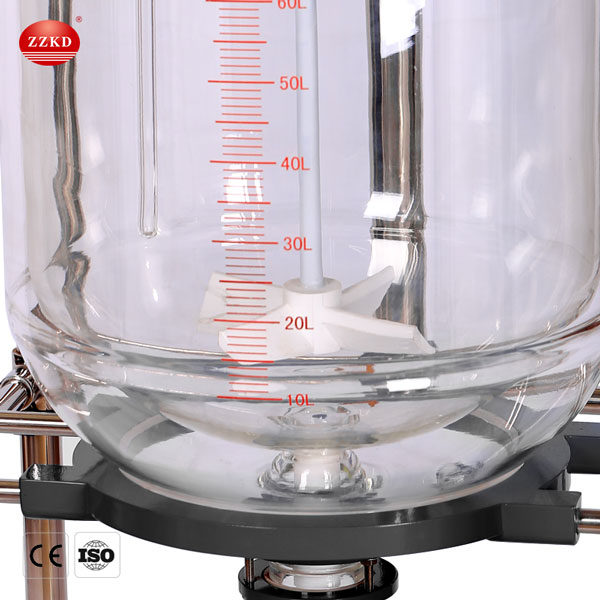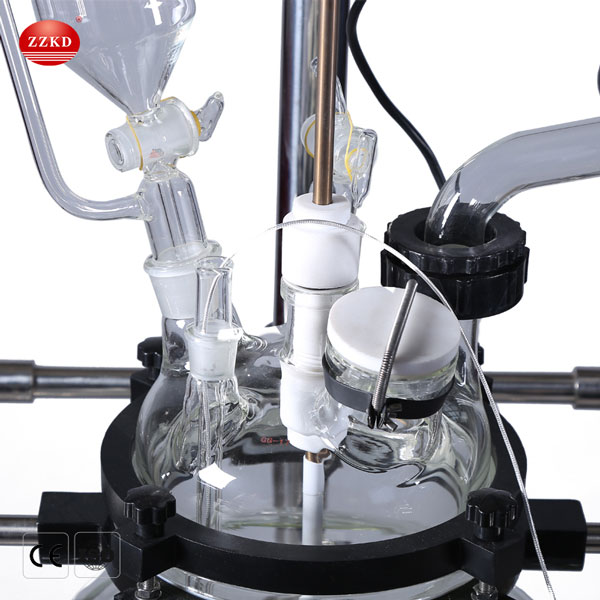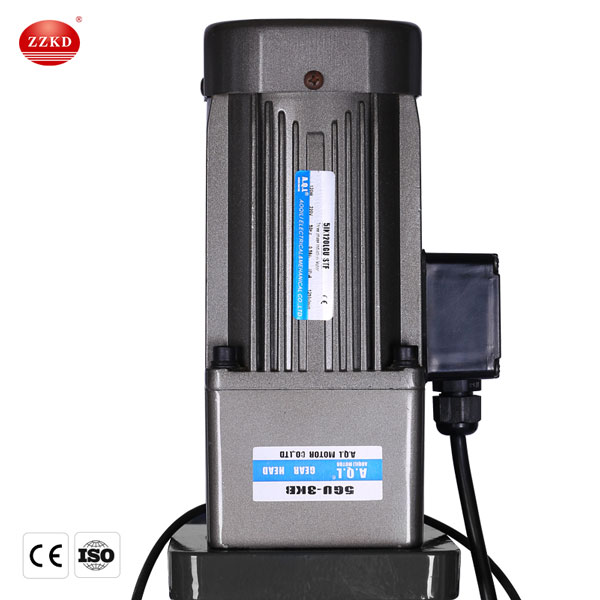Jacketed Glass Reactor Vessel Introduction:
Jacketed glass reactor vessel are essential laboratory equipment that are used in chemical and pharmaceutical industries. They consist of a glass vessel that is surrounded by a jacket of cooling or heating medium, such as water or oil. These reactors are designed to provide controlled temperature and pressure conditions for chemical reactions, mixing, and distillation processes.
Structure Of Jacketed Glass Reactor:
Jacketed glass reactors consist of three basic components: the glass vessel, the heating or cooling jacket, and the stirring mechanism. The glass vessel is made of high-quality borosilicate glass that can withstand high temperatures and corrosive chemicals. It is also transparent, which allows visual observation of the chemical reactions taking place inside the reactor. The heating or cooling jacket surrounds the glass vessel and is made of a durable material that can withstand extreme temperatures and pressures. The jacket is typically filled with water or oil, which circulates around the reactor to provide temperature control. The stirring mechanism consists of a motor that drives a stirring rod or impeller, which agitates the contents of the reactor.
Working Principle of Jacketed Glass Reactor:
Jacketed glass reactors operate on the principle of heat exchange. The heating or cooling jacket surrounding the glass vessel provides a controlled temperature environment for the chemical reaction taking place inside the reactor. The jacket is typically filled with a cooling or heating medium, such as water or oil, which is circulated around the reactor by a pump. The temperature of the jacketed medium is controlled by a temperature controller, which maintains the desired temperature by adjusting the flow rate of the medium. The stirring mechanism in the glass reactor ensures that the reactants are thoroughly mixed, which enhances the efficiency of the reaction.
Applications of Jacketed Glass Reactor:
Jacketed glass reactors are used in a wide range of chemical and pharmaceutical applications, including:
Synthesis of Chemical Compounds:
Jacketed glass reactors are commonly used for the synthesis of chemical compounds. The controlled temperature and pressure conditions provided by the reactor ensure that the reaction proceeds efficiently, and the glass vessel allows visual observation of the reaction.
Mixing of Chemicals:
Jacketed glass reactors are also used for the mixing of chemicals. The stirring mechanism ensures that the reactants are thoroughly mixed, which enhances the efficiency of the reaction.
Distillation:
Jacketed glass reactors are often used for distillation processes. The glass vessel allows visual observation of the distillation process, while the jacket provides temperature control.
Crystallization:
Jacketed glass reactors are also used for crystallization processes. The controlled temperature conditions provided by the jacket ensure that the crystals grow uniformly and are of high quality.
Extraction:
Jacketed glass reactors are used for the extraction of chemicals from natural products, such as plants. The glass vessel allows visual observation of the extraction process, while the jacket provides temperature control.
Advantages of Jacketed Glass Reactor:
Versatility:
Jacketed glass reactors are versatile laboratory equipment that can be used for a wide range of chemical and pharmaceutical applications.
Controlled Temperature and Pressure:
Jacketed glass reactors provide a controlled temperature and pressure environment, which ensures that the chemical reaction proceeds efficiently.
Visual Observation:
The glass vessel of the jacketed glass reactor allows visual observation of the chemical reaction taking place inside the reactor, which is useful for monitoring the progress of the reaction.
Easy to Clean:
Jacketed glass reactors are easy to clean, which is important for maintaining the purity of the chemicals being used.
Durability:
Jacketed glass reactors are made of high-quality borosilicate glass that can withstand high temperatures and corrosive chemicals, making them durable laboratory equipment.
Maintenance of Jacketed Glass Reactor:
Maintaining a jacketed glass reactor is important for ensuring its longevity and effectiveness. Some key maintenance practices include:
Cleaning:
Jacketed glass reactors should be cleaned regularly to prevent buildup of chemicals that can damage the glass. Cleaning should be done using non-abrasive cleaners and soft brushes.
Inspecting:
Jacketed glass reactors should be inspected regularly for signs of wear and tear, such as cracks or chips in the glass. Any defects should be addressed immediately to prevent further damage.
Lubricating:
The stirring mechanism of the jacketed glass reactor should be lubricated regularly to ensure smooth operation. This can be done using food-grade lubricants.
Replacing:
Jacketed glass reactors have a limited lifespan, and components such as the glass vessel and stirring mechanism may need to be replaced periodically. This should be done by a qualified technician to ensure proper installation and operation.
Jacketed glass reactors are essential laboratory equipment that are used in a wide range of chemical and pharmaceutical applications. Their ability to provide controlled temperature and pressure conditions, visual observation of chemical reactions, and ease of cleaning makes them versatile and effective for laboratory processes. Although they have limitations, such as fragility and limited capacity, they are still valuable laboratory equipment that can be maintained effectively through regular cleaning, inspection, lubrication, and replacement of components.

 Products
Products





